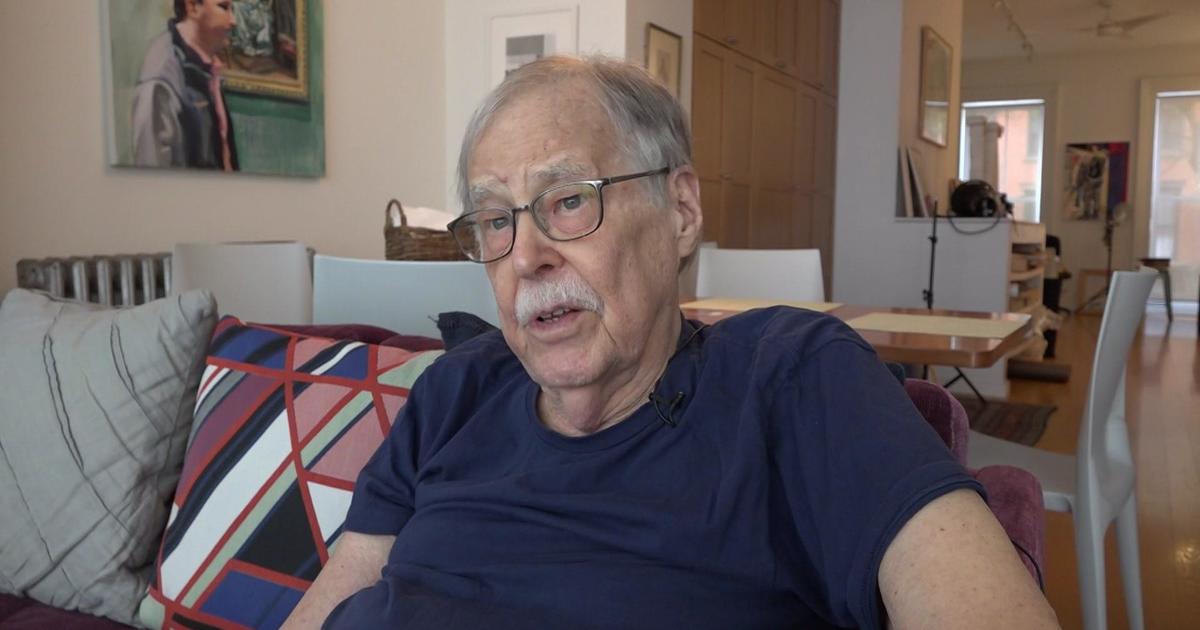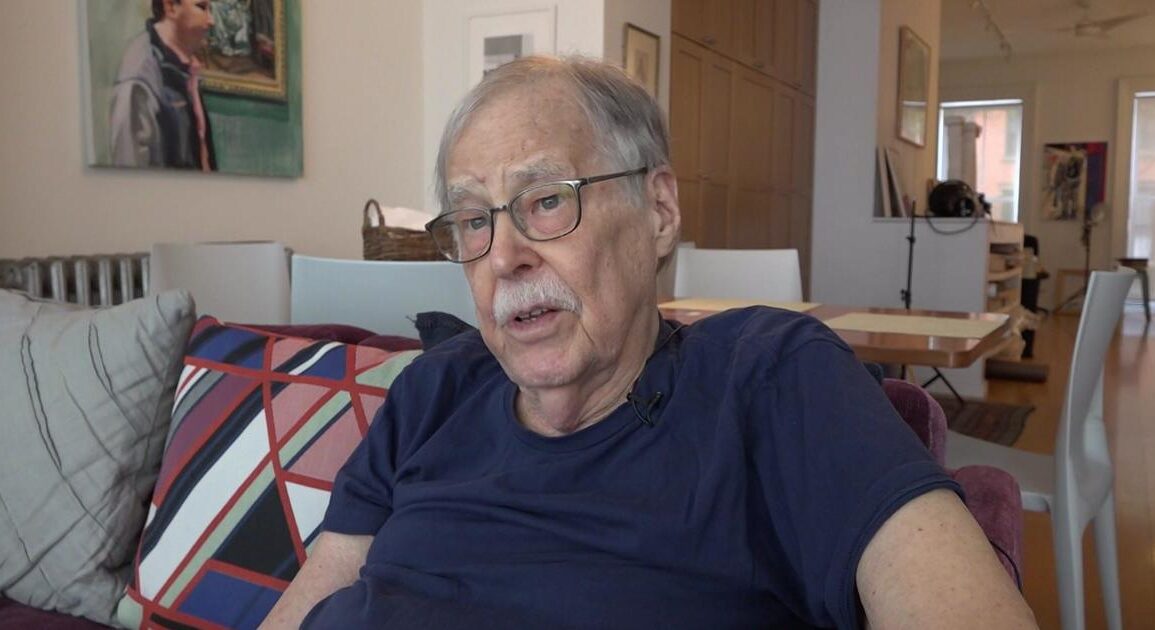
NEW YORK — As the value of Bitcoin rises, the Brooklyn District Attorney’s office is warning New Yorkers about cryptocurrency scams. One victim spoke exclusively with CBS News New York about his ordeal.
Doug Newton just turned 86. The lifelong artist specializes in still life paintings that he sells online.
Last September, he got a message on LinkedIn from someone named Ernestine Vigil about selling his work for cryptocurrency.
“At first, I thought, great, this is easy money. Then, it all went downhill,” Newton said.
The messenger said she worked for Opensea Private Mint. Newton was told his work would be converted into an NFT, or non fungible token, a digital asset that can be in the form of art.
“She said it sold for $49,000,” he explained. “But when I asked to get the money, she said, ‘Oh, it resold for even more, but you have to pay Private Mint for internet fees and taxes,’ so I started sending her money.”
Brooklyn fields 60% of crypto-related complaints, DA says
Alona Katz, the unit chief for the Brooklyn DA’s Virtual Currency Unit, said this kind of tactic is “very common.”
Seven months and about $120,000 in, Newton realized he was being scammed. The money ended up being cashed out in Nigeria.
“You start with just a, ‘You know, it’s just a $5,000 tax and we need this fee,’ and it’s just a long term, trying to extract as much from the victim as possible,” said Katz.
Brooklyn District Attorney Eric Gonzalez started the Virtual Currency Unit last year, and his office reports 60% of cryto-related complaints came out of Brooklyn in 2023.
“We estimate that this year alone in 2024, New Yorkers are going to lose about $40 million in cryptocurrency scams,” Gonzalez said. “They’re very targeted attacks.”
If you are approached about crypto investments by what may seem like a reputable site, Katz says to do you own research.
“Go online and see if you can find the real one, and reach out to this person and say, ‘Is this an employee?’ Also, I always tell people, ‘tell a friend,'” she said.
She said there’s no shame in getting a second opinion from a friend or reporting it to authorities.
“We are watching, we are behind the scenes and, if we catch you, we will prosecute you to the fullest extent of the law,” said Gonzalez.
This post was originally published on this site be sure to check out more of their content








